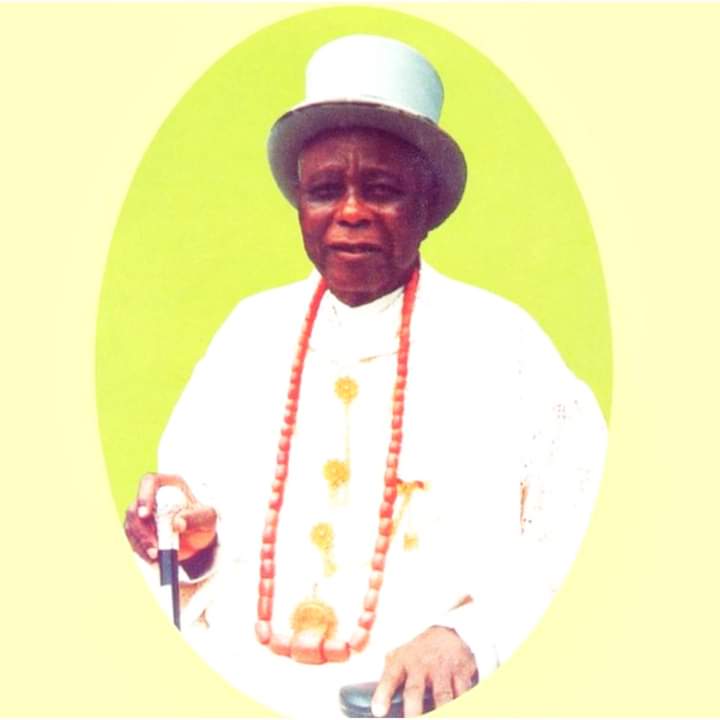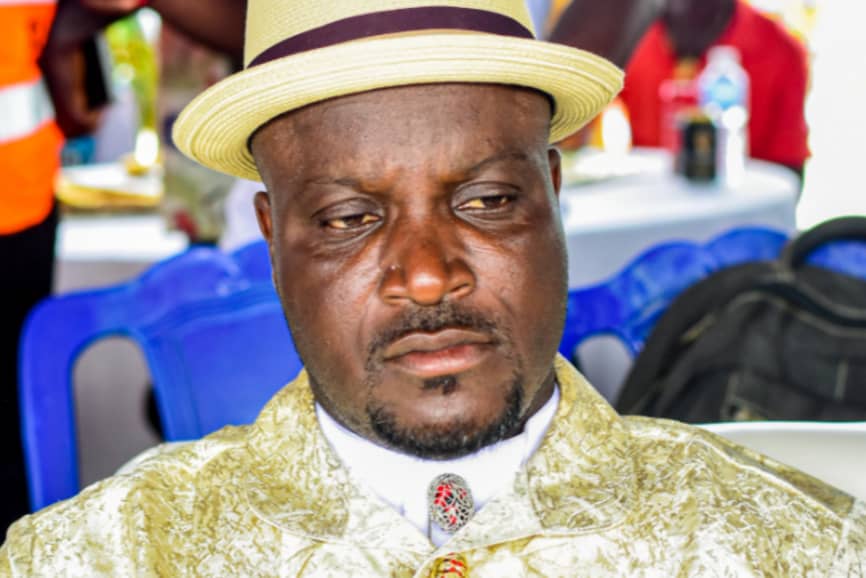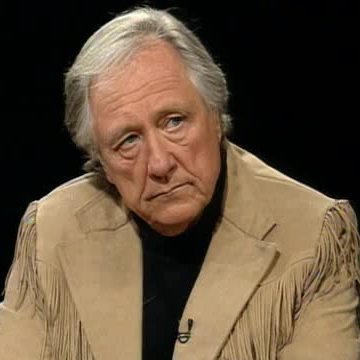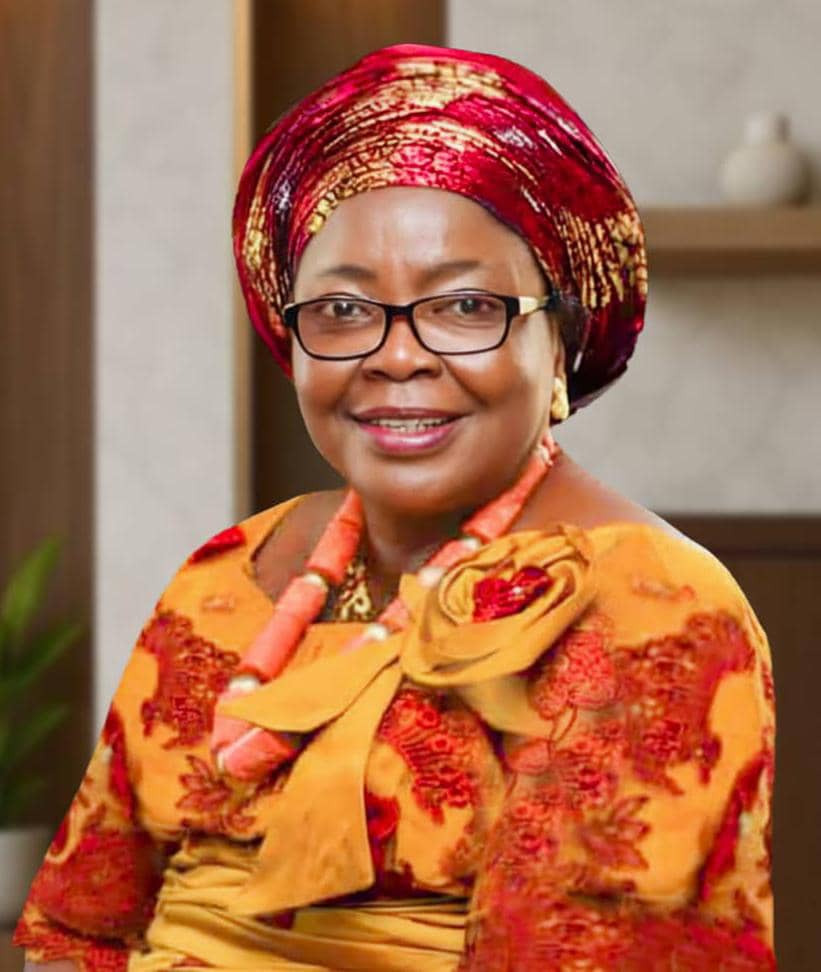CHIEF HAROLD JENEWARI DAPPA-BIRIYE, Politician, Environmentalist and Founding Father of Rivers State

Chief Harold Jenewari Dappa-Biriye (1920–2005) was born on September 26, 1920 as Harold Wilcox the son of Rowland and Rebecca Wilcox of Peterside, in Bonny. He studied at Bonny Government School then proceeded to King's College, Lagos. After King's College, he worked for less than a year at the Post and Telecommunications and the Public Works Department mostly writing electricity bills but his attitude was not predisposed to civil service. Upon leaving civil service, he engaged in the exportation of commodities such as black pepper, piassava and rattan canes.
In 1941, he co-founded Ijo (Ijaw) Peoples League, a platform to unite Ijos that were in different divisions of the Eastern region under one province.
After the end of World War II, Chief Dappa-Biriye was involved in politics. He was an early member of the National Council of Nigeria and the Cameroons (NCNC) but his experience of the competition between NCNC and Action Group (AG) formed his understanding that ethnic minorities needed better representation as the core base of both parties came from the Igbo and Yoruba ethnic groups. He then began a campaign for the creation of Rivers States. In 1953, he gained the support of the AG for the creation of an independent State but the plan to include Old Calabar and Ogoja provinces as part of a new COR state pushed him away from the group.
A native of Bonny, Chief Dappa-Biriye was brought into political limelight when as a member of the Eastern delegation he attended the pre-independence constitutional conference in 1957/1958 at Lancaster House, London and also in Lagos. During these conferences he fervently championed the Niger Delta struggle for fairness, justice and self-determination for ethnic minorities in the then Eastern Region. At Lancaster, he initiated, with the support of among others, the establishment of an Eastern House of Chiefs. This action brought chieftaincy matters of Eastern Nigeria to be in line with those of the North and the West which already had similar bodies.
In response to the need of the 1957 Constitutional Conference to include all shades of opinions, Chief Dappa-Biriye pressed for the representation of Ijaws among the delegates. He was supported by the Conference of Rivers Chiefs which gave him the mandate to represent the Ijaw region at the conference and also to present their case that the area should be accorded the same status as it was in the 1880s when the Oil Rivers Chiefs of Bonny, Nembe, Brass, Ogoni, Ahoada and Degema signed treaties with the British.
Unsuccessful legal presentations were made by Chief Dappa-Biriye and Udo Udoma that granting independence to Nigeria without adequate protection of the rights of Rivers Provinces as a separate state would be a violation of the treaties. In 1959, Biriye became the chairman of the Bonny County Council.
The Willink Commission which was an offshoot of the Lancaster conference undertook to look into the fears of the minorities and to find ways and means of allaying such fears. The Commission recommended the provision of a Niger Delta Special Area and the setting up of a Development Board for the area.
In 1967, changes in the structure of governance led to the creation of Rivers State and in 1969, Chief Dappa-Biriye was appointed a commissioner. He was commissioner for Agriculture and later redeployed to work in the state's Ministry of Works.
Chief Dappa-Biriye was appointed chairman of the National Council of Arts and Culture by General Yakubu Gowon. The council was involved in the preparation of the Festival of Arts and Culture (FESTAC) 77. During the FESTAC, Biriye was the Admiral of the regatta event while in 1956, his father was Admiral of the regatta that welcomed Queen Elizabeth during her visit. Chief Dappa-Biriye was also a former chairman of the Nigeria National Council of Arts and Council (1973–1975) and it was during his tenure, the first festival (NAFEST) was held. An arts patron, he promoted events such as Bonny war canoe regattas. In appreciation for his role in the promotion of arts and culture, the Federal Government honoured him with the award of office of the Order of the Niger (OON).
Chief Dappa-Biriye was a member of the five-man delegation to the United Nations General Assembly in 1967 who mediated in the Arab/Israeli conflict culminating in Resolution 242, and from 1968 to 1973 he was a member of Ahmadu Bello University Governing Council.
Chief Dappa-Biriye was also a former chairman of the Niger Delta Congress (NDC), his own political party which he allied with the Northern Peoples Congress (NPC). He was known for his advocacy of minority rights in Nigeria. His relationship with the North ever since has been warm and he is said to have been a useful bridge between the South and the North.
He was a politician, a statesman, but he was also an environmentalist. He made it known at every point that he was also concerned about the ecology of the Niger Delta. Although he fought for the rights of the minorities, he always made it clear that he stood for Nigerian unity. As a rights activist, he believed that Nigerian states should have prominent roles in the control of their economic, political and social policies.
Few days before his death, a galaxy of Nigerian leaders and politicians had thronged Port Harcourt to launch the patriarch's biography entitled, Dappa-Biriye: His contributions to Politics in Nigeria. The many Nigerians from all walks of life in the East, West and North who attended the book launch is a testimony to the wide esteem with which the elder statesman was held. General Gowon who was chairman at the book launch, in a tribute to Chief Dappa-Biriye, said that his creation of 12 states in 1967 was largely owed to the dogged fight of Chief Dappa-Biriye who fought for the recognition of Nigerian minorities especially his own ethnic group, the Ijaws.
Chief Dappa-Biriye died on February 17, 2005 at the age of 85. He was thorough, energetic, capable, honest, courteous and forthright. He was also a natural orator. But he did not seek to dominate others even when making his point. In the search for a viable Niger Delta, he seemed to have maintained a singular consistency. And when he deemed his political work done, he quietly retired from the limelight and settled for the life of a grand old man. It must be said, that unlike the sickening acquisition of wealth by latter-day politicians after a few years of doubtful work, Chief Dappa-Biriye did not enrich himself even after 60 years of political work.
Chief Dappa-Biriye's legacy lay in a man who saw the plight of his people and decided to do something about it. In all his struggles, he impressed as a gentleman who was not prone to rancour. The unfolding story of the Niger Delta and the continuing injustices will be incomplete without him. In his death, Nigeria has suffered a great loss.
Sources:
https://en.m.wikipedia.org/wiki/Harold_Dappa-Biriye
http://waado.org/NigerDelta/Memorials/dappa-biriye_guardian.html
#penglobalbrandpersonality #HaroldBiriye



